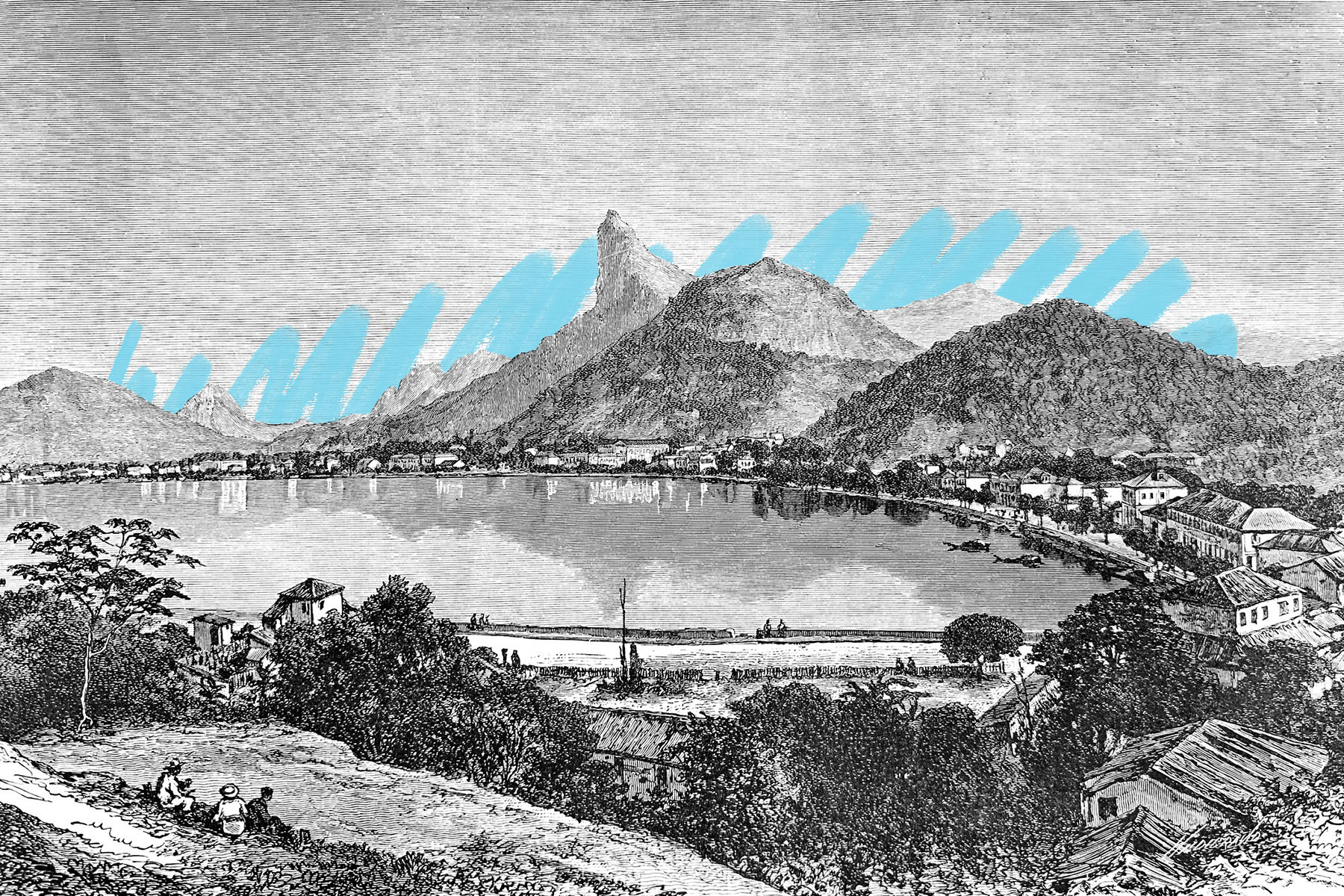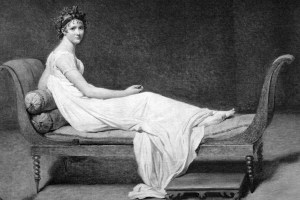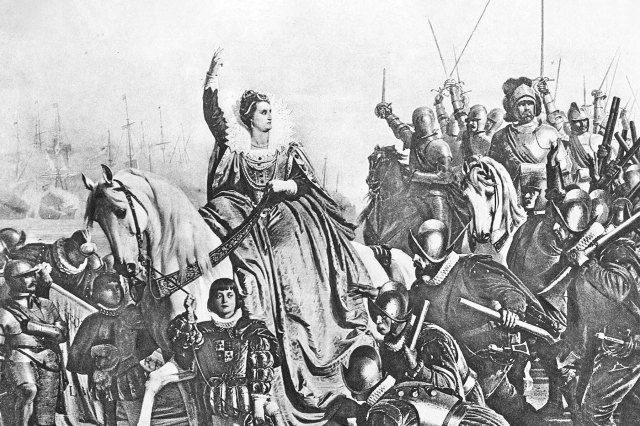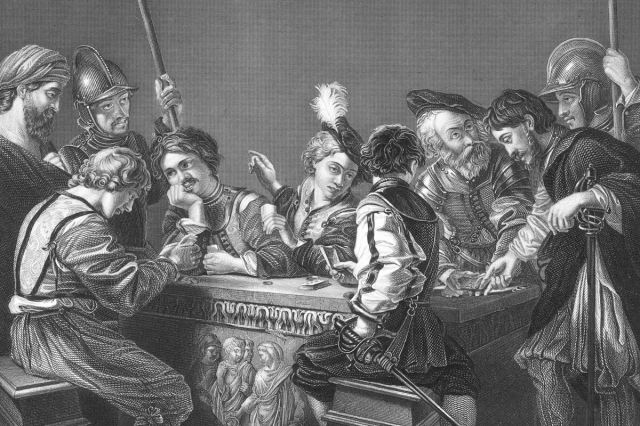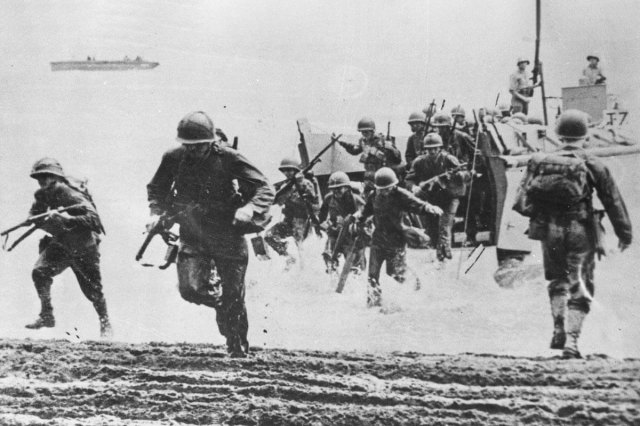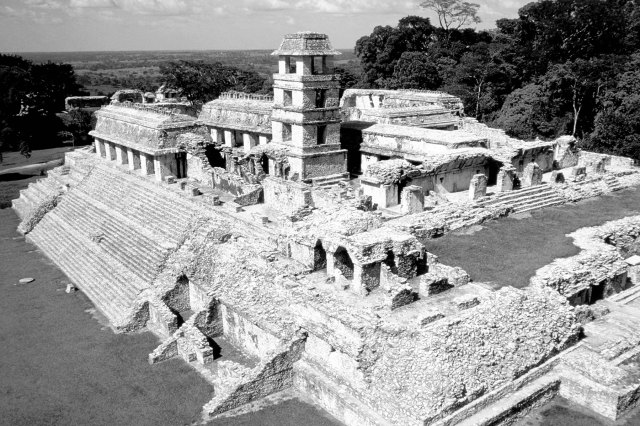Rio de Janeiro was once a European capital.
The seaside city of Rio de Janeiro, Brazil, was once the capital of Portugal, making it the only European capital in history located outside of Europe. So how did the seat of a powerful European empire end up thousands of miles away on the other side of the world? Like so many things in Europe’s geopolitical history, it has to do with Napoleon Bonaparte. In 1807, Napoleon invaded Portugal during the early days of the Peninsular War, an attempt by France to control Spain and Portugal. The Portuguese prince regent, Dom João, immediately fled the capital city of Lisbon and set sail for Brazil, a Portuguese colony at the time, taking refuge in the colonial capital of Rio de Janeiro with his family, nobles, and trusted advisers.
Dom João transformed his new home into a bona fide political capital, outfitting the city with all necessary offices to run an empire, including a Supreme Court, Royal Mint, and Council of State. He also established the Bank of Brazil, one of the world’s oldest continuously operating banks. When Napoleon suffered his famous final defeat at Waterloo in June 1815, it ended his threat to Portugal, but the royals remained in Brazil, and six months later, Dom João designated the dominions of Portugal as one empire under the “United Kingdom of Portugal, Brazil, and the Algarves.” Brazil was given equal status to Portugal and was no longer considered a colony, and because Rio was the home of the monarchy at the time, it became the capital city of the entire kingdom.
The prince ascended the throne as King John VI in 1816 and remained in Brazil until 1821, when he was forced to return to Lisbon due to civil unrest. His son Dom Pedro was tasked with presiding over Brazil. Around this time, the Portuguese parliament in Lisbon urged the monarchy to restore Brazil to its former dependent colonial status and for Dom Pedro to return to Portugal. In direct defiance, he remained abroad, as declared in his speech “Fico” (“I Am Staying”). He proclaimed Brazil’s independence on September 7, 1822, and was crowned emperor on December 1; Rio de Janeiro served as the capital city of the newly independent country until 1960, when the city of Brasília took its place.





